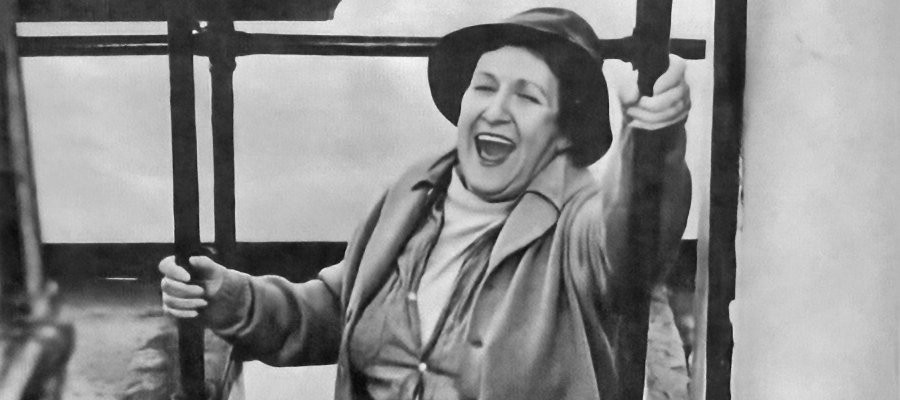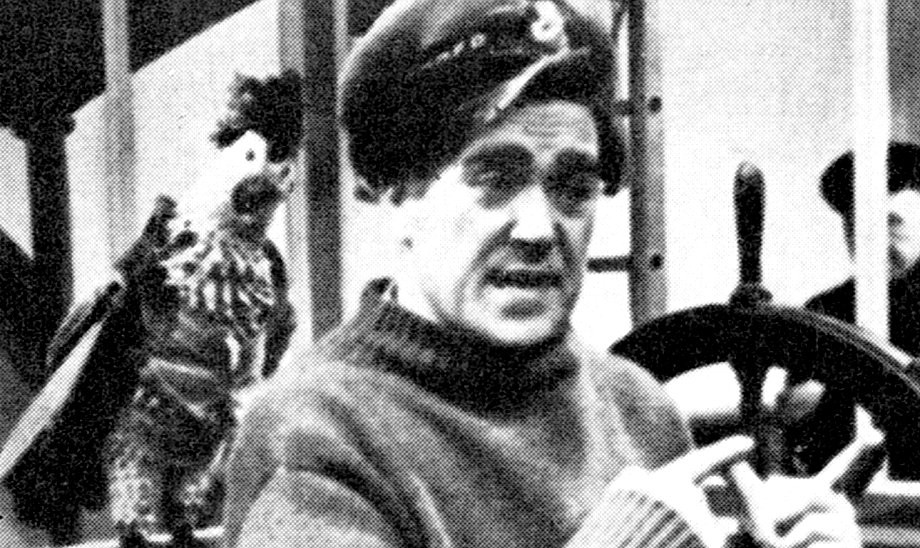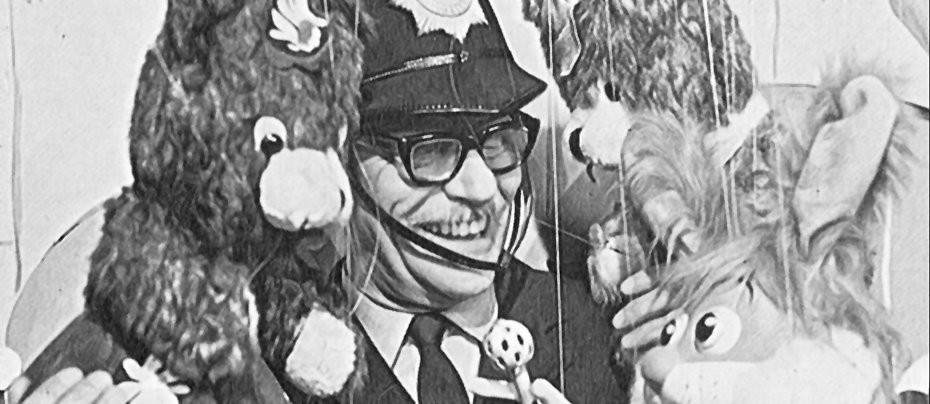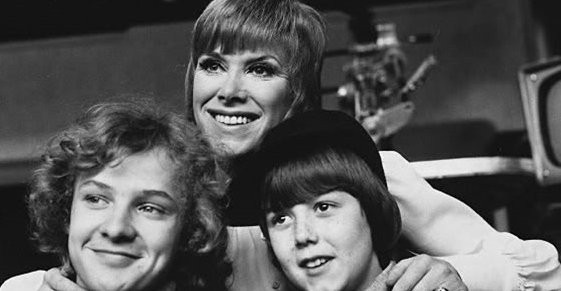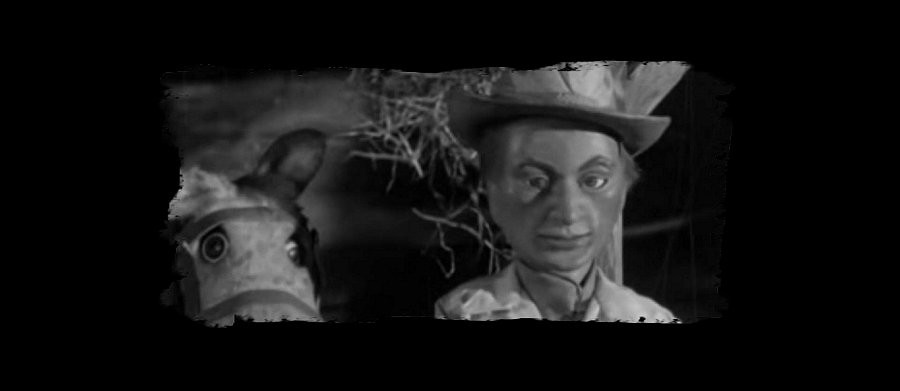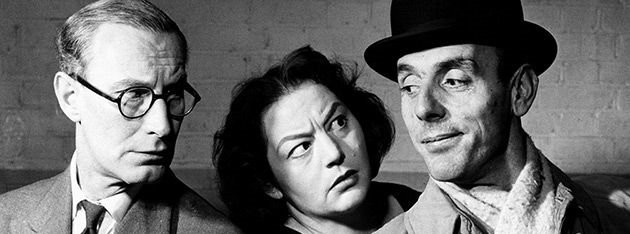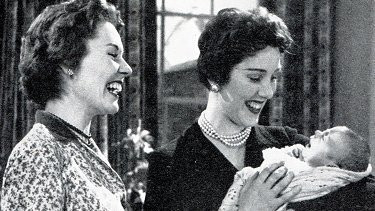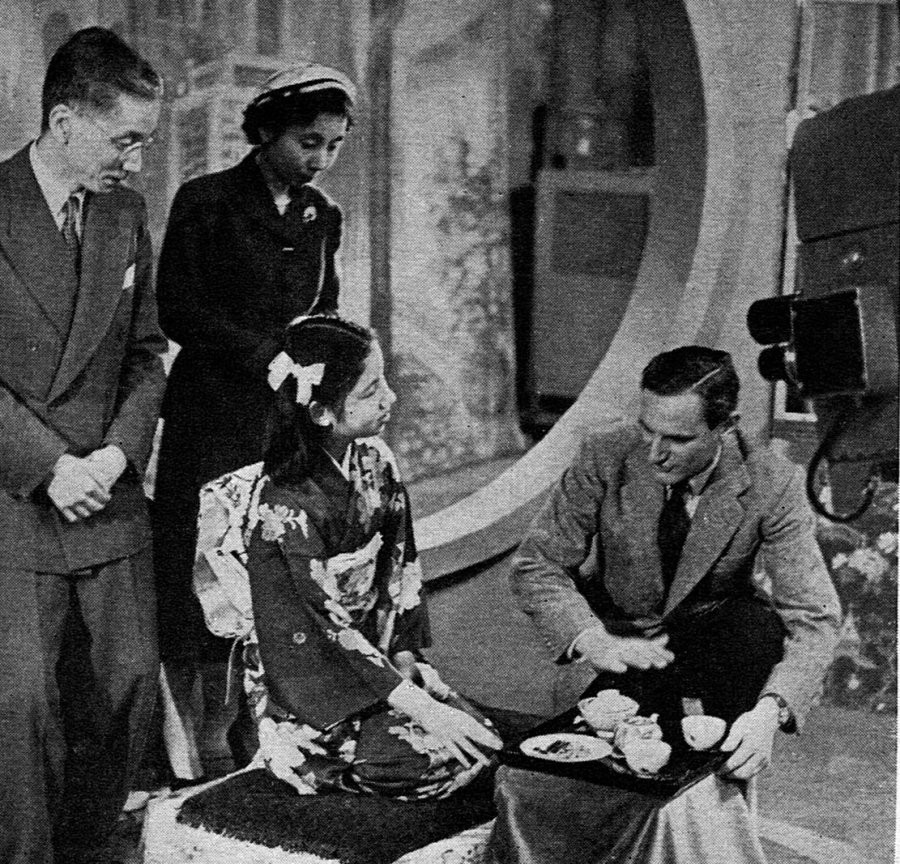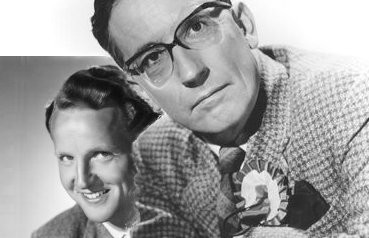
The Eric Barker Half Hour
1951 - United KingdomEric Barker was one of the most familiar voices on BBC radio during World War Two as part of the armed forces show Merry Go Round, which he helped to write. His "Steady Barker" catchphrase and verbal stumbling over words beginning with an 'h', became familiar to audiences, as did his versatility at mimicry.
In his autobiography, My Life in Comedy, Nicholas Parsons observed: "Eric, in appearance, was not an obvious comedian. Reserved by nature, he appeared more like an unassuming bank manager. But he was an intelligent man and a shrewd observer of people with an uncanny ear for recreating them. He was a natural satirist with impeccable comic timing."
Made with the intention to bring morale-boosting cheer to the Armed Forces, Merry Go Round was set on HMS Waterlogged at Sinking-in-the-Ooze. Barker collaborated on scripts with, and also starred alongside Jon Pertwee. The RAF edition, written by Richard Murdoch and Kenneth Horne, which featured Arthur Haynes, was set in Laughter Command based at Much-Binding-in-the-Marsh. After the war, Merry Go Round continued in similar format although it was retitled The Waterlogged Spa, with Barker and his wife, actress Pearl Hackney. In 1951 Barker began his third successful radio series, Just Fancy. On the back of this success Barker was given the chance to move into television with The Eric Barker Half Hour, which he also wrote. It debuted on 10 October 1951.
The first two series starred Barker, Hackney and Parsons (also making his first television appearance), along with Cameron Hall, Patricia Gilbert and Daphne Anderson. A different singer or musical group appeared in each show, which went out fortnightly. For the third and final series, in 1953, Deryck Guyler replaced Cameron Hall. Barker's writing was more satirical, more character based and more thoughtful than the standard comedy show on television at that time.
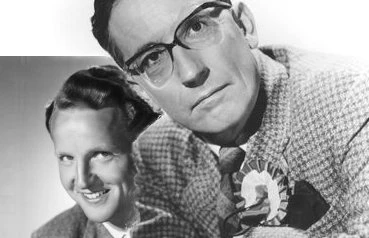
"He was a pioneer", wrote Nicholas Parsons, "the first person to do 'topical satire' on television, but as the phrase had not yet been coined, and as the sketches were part of conventional variety shows, he never received the credit he deserved for originality." Sadly, all the shows were broadcast live and there are no tele-recordings to preserve what Parsons remembers as ground-breaking television.
In 1955, Barker was offered a new series, titled Look At It This Way. It was to prove controversial and get Barker into serious trouble with his bosses at the BBC.
Seen this show? How do you rate it?
Seen this show? How do you rate it?
Published on December 10th, 2018. Written by Laurence Marcus for Television Heaven.


